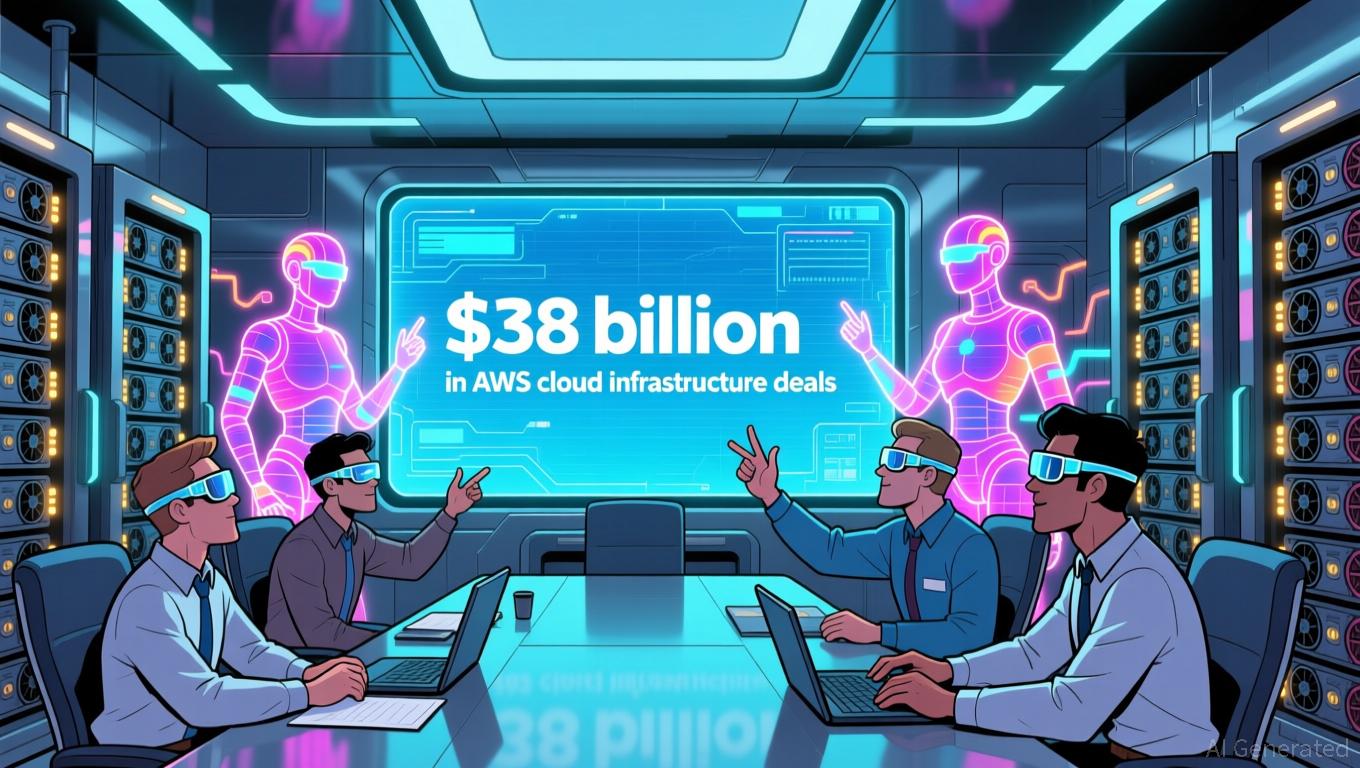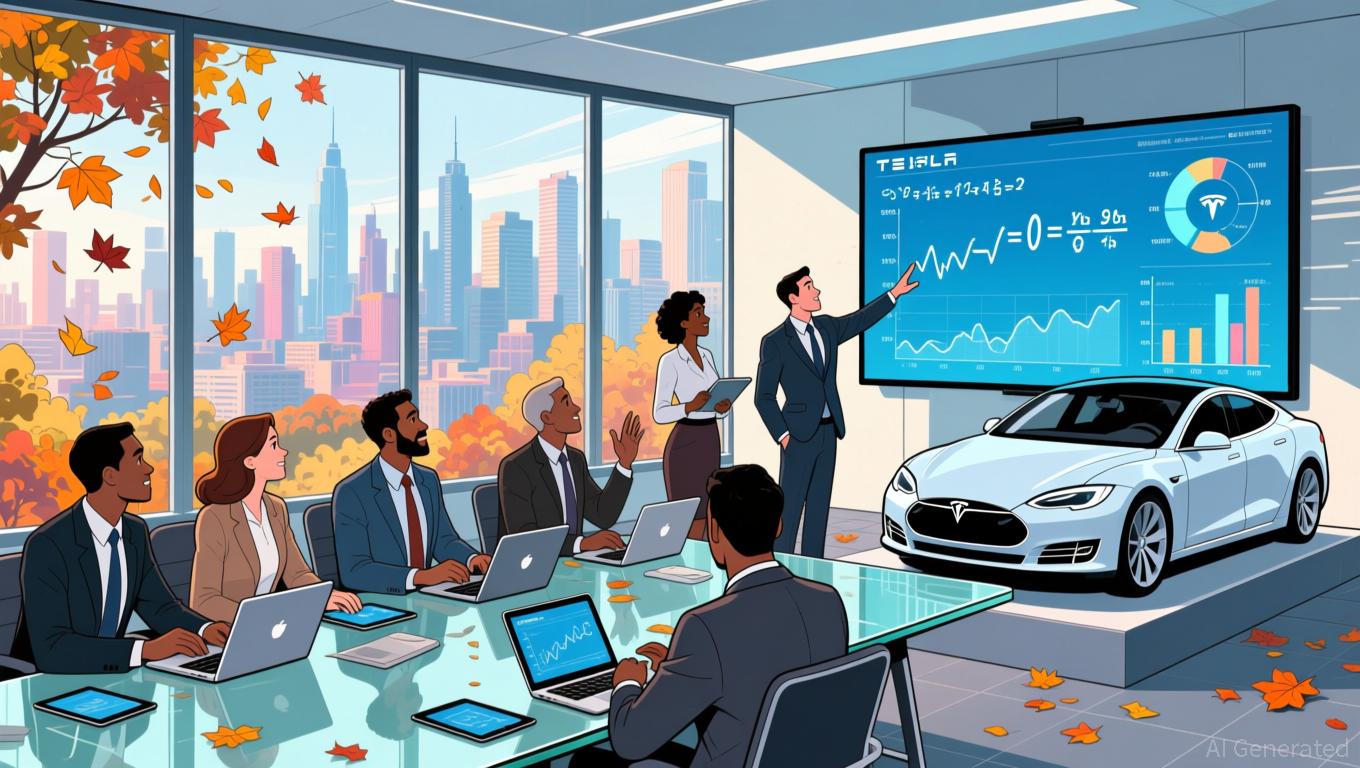OpenAI executives have faced numerous inquiries regarding how they plan to finance the $1.4 trillion in data center investments and usage agreements accumulated this year, especially since their annual revenue, though rapidly increasing, currently sits at $20 billion, CEO Sam Altman shared Thursday in a post on X.
Altman’s remarks were prompted by statements from OpenAI CFO Sarah Friar, which she soon retracted. During a Wall Street Journal event on Wednesday, Friar expressed a desire for the U.S. government to “backstop” the company’s infrastructure loans. She explained that such backing would lower borrowing costs and help ensure OpenAI could always access the most advanced chips available.
A government-backed loan means that if the company fails to repay, taxpayers would cover the loss. Lenders generally offer more favorable terms for these low-risk loans.
Friar noted that relying on older chips, which OpenAI sometimes must do due to limited computing resources, makes financing easier. However, the company’s objective remains to deploy its most advanced models on the latest chips.
So, how does OpenAI plan to fund this constant upgrade cycle? Friar said the company is seeking support from an “ecosystem” that includes banks, private equity firms, and potentially the government.
When pressed on what she hoped the government would provide, she responded, “… the backstop, the guarantee that enables the financing. That can significantly reduce financing costs and also increase the loan-to-value ratio, allowing for more debt relative to equity.”
She also suggested that such discussions, especially in the U.S., were already underway, stating, “I think we’re seeing that. The U.S. government, in particular, has been extremely proactive and recognizes that AI is nearly a national strategic asset.”
After The Wall Street Journal released a clip of her discussing the idea of a federal guarantee, and many prominent X users mocked the proposal, Friar quickly clarified her statements.
“I want to clarify my comments earlier today. OpenAI is not seeking a government backstop for our infrastructure commitments. I used the word ‘backstop’ and it created confusion,” she wrote on LinkedIn.
On Thursday, David Sacks, Trump’s AI advisor and a well-known Silicon Valley venture capitalist, also commented on X, stating that the U.S. has no intention of rescuing any AI company.
“There will be no federal bailout for AI. The U.S. has at least 5 major frontier model companies. If one fails, others will take its place,” he posted, adding that the government’s focus is on streamlining permitting and boosting power generation. Without naming Friar, he also accepted her clarification.
Following these developments, Altman published a detailed post on X, echoing Sacks’ perspective.
“We neither have nor want government guarantees for OpenAI’s data centers. We believe governments should not choose winners or losers, and taxpayers shouldn’t be responsible for companies that make poor business choices or fail in the marketplace,” he wrote.
He further clarified that while loan guarantees have been discussed, they do not pertain to OpenAI.
“The only context in which we’ve talked about loan guarantees is in supporting the construction of semiconductor fabs in the U.S., where we and other companies have responded to government initiatives and are willing to assist (though we haven’t formally applied).”
It’s understandable that Friar floated the idea; she’s correct that such guarantees would simplify her financing efforts, even if, as Sacks pointed out, requesting taxpayer-funded bailouts is “ridiculous.”
Now that Friar has received a clear public rejection from someone whose support would be crucial, she and OpenAI CEO Sam Altman are likely to face ongoing questions about how they plan to fund their trillion-dollar expansion.
Altman appears prepared for these inquiries.
“We anticipate surpassing a $20 billion annualized revenue run rate by year-end and aim to reach hundreds of billions by 2030. We’re considering commitments totaling around $1.4 trillion over the next eight years,” he stated, noting the company’s optimism about its future, particularly in enterprise services, new consumer products, and robotics.


